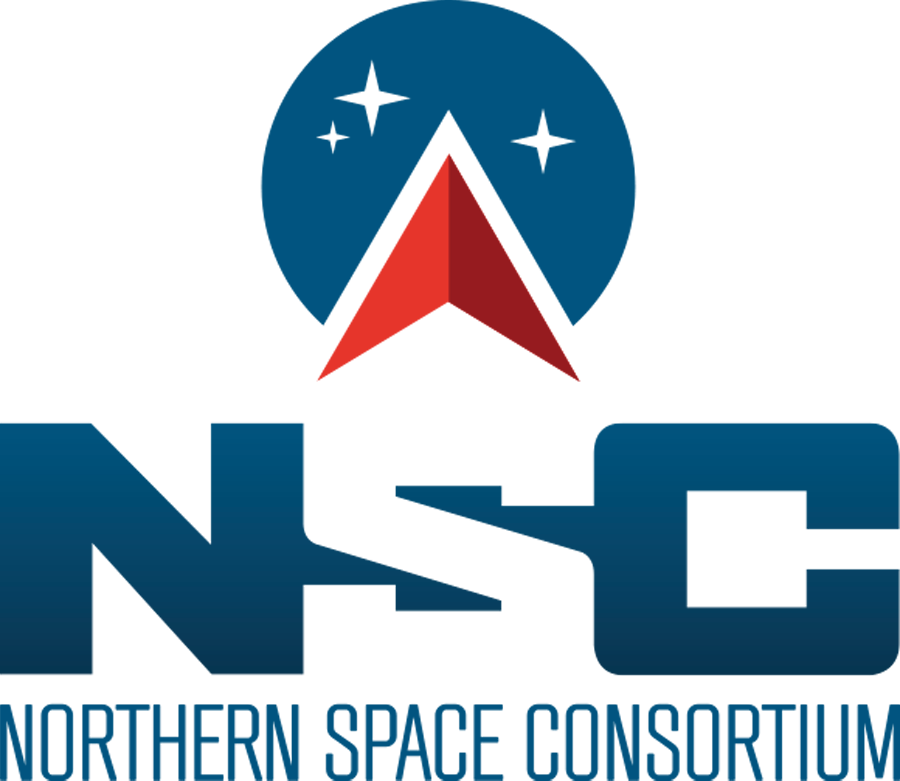The first NW Space Cluster meeting of 2024 was held at the Jodrell Bank Observatory in Cheshire on March 21st. Attendees were welcomed by the Observatory’s Associate Director, Simon Garrington, who gave an overview of the observatory’s history and ongoing research. Alan Cross then outlined the Agenda and gave a quarterly review. He explained how the industry had expanded in the region over the first year of the Cluster’s existence and some of the successes.
This was then followed by the popular lightening pitches. The two minute presentations included personnel from Jacobs, University of Liverpool, Particle Measuring Systems, BT, Light Coatings, MDA Space UK, Olsen Actuators, the Institute of Physics, Leybold, Ansys, Hexagon, UCLAN, ESR Technology, Space Specialists. Topics covered included materials testing, wireless communications, spacecraft autonomous navigation and control, asteroid exploration, optical coatings, communications networks, digital spacecraft payloads, encoders and actuators, careers, metrology, environmental testing and equipment, space mechanics and tribology and STEM.
Following a break for lunch and networking, Peter Roberts Associate Professor, University of Manchester assisted by Kate Smith and Nick Crisp gave an overview of all the varied Space work at the University. This included astrodynamics, robotics, space systems and mission analysis, spacecraft software and hardware including propulsion, materials, use of space data and policies. Facilities included the Rarified Orbital Aerodynamics Research facility (ROAR), a space environment chamber, a ground station with another being constructed and the Graphene Engineering Innovation Centre.
A model of the ESA Discoverer spacecraft Satellite for Orbital Aerodynamics Research (SOAR) that Manchester was involved in and was launched in 2021 was also on show.
Given the size of the University and it’s wide range of work anyone wanting to make first contact with the University was recommended to contact Eddie Flint the Business Engagement Officer at collaborate@manchester.ac.uk
Next Dr Sarah Crowther, Research Fellow, Department of Earth and Environmental Sciences talked about their involvement in the NASA Osiris-REx mission and the fact that the University is one of the very few places in the UK to receive samples of the asteroid Bennu returned by it.
Then Dr Vivek Koncherry, CEO Graphene Space Habitat Limited gave an inspiring talk on how, after many years as a researcher at the University working with graphene, he decided to start a company to build an orbiting space station. In order to achieve his long term goal he started with a business loan from the University and developed various novel ways of using graphene such as concrete without using water for sustainable terrestrial use. These inventions have developed so that recently Dr Koncherry signed a potential billion dollar investment deal with the United Arab Emirates to produce environmentally friendly products.
Following a break for refreshments and networking the meeting was formally closed and attendees then had the opportunity the visit the Space Dome and enjoy the other facilities at the Observatory.

